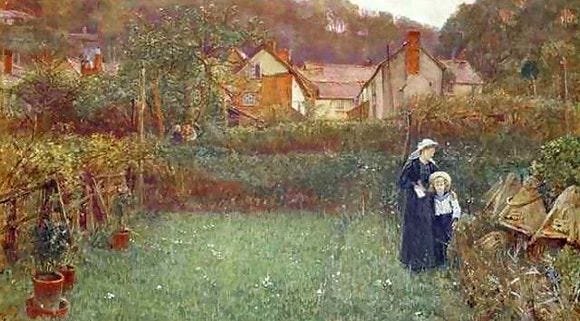Today’s Poem: Telling the Bees
John Greenleaf Whittier’s journey through enchantment to grief

Keep reading with a 7-day free trial
Subscribe to Poems Ancient and Modern to keep reading this post and get 7 days of free access to the full post archives.



